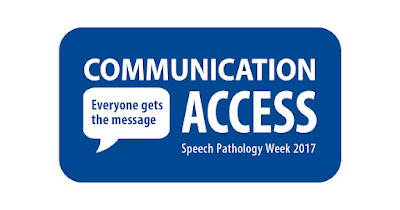T1 and Uni Life Survival Guide
I have a lot of different roles, one of them is a uni student. I've been at the uni thing for 4 years now (which is a little mind blowing when I think about it) so it's fair to say I have a decent idea on how it goes. Having had t1 for the duration of my uni degree I've accumulated my fair share of tips and tricks. It's certainly not easy managing a chronic condition and an intense uni degree. My degree isn't just lectures and readings, it's also placements. Many placements. Placements that don't end when the work day does. Placements and lectures and tutorials and big assignments. Add in 3 jobs, voluntary work and a hobby for good measure and it gets a little crazy sometimes! But it's possible to handle if you keep these in mind: 1) Eat. Seriously. If you're inclined to power on through the day and forget about lunch, that's a recipe for a hypo. I know these things. I forget to eat a lot. I went well over 6 hours without eating once when...
